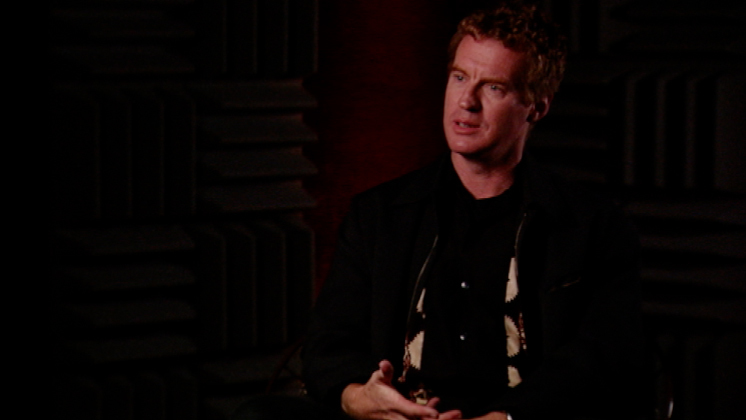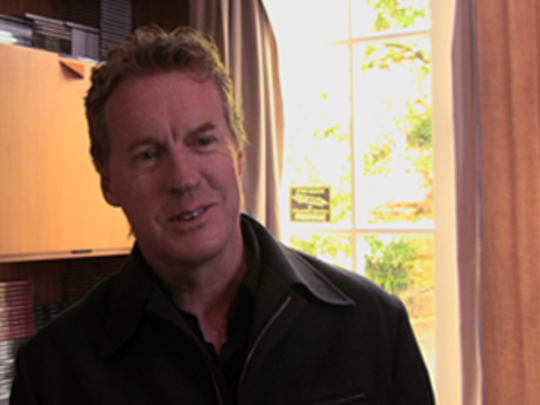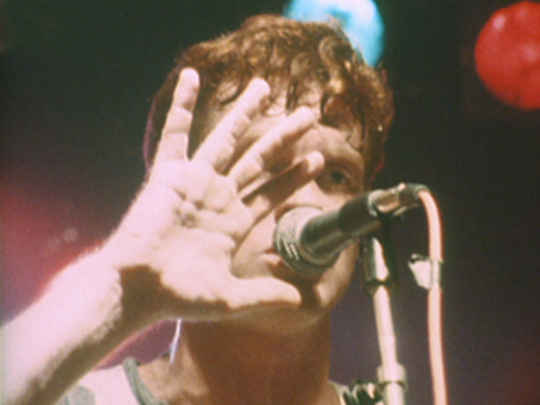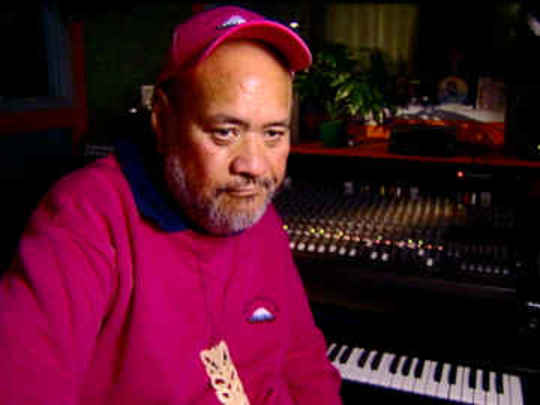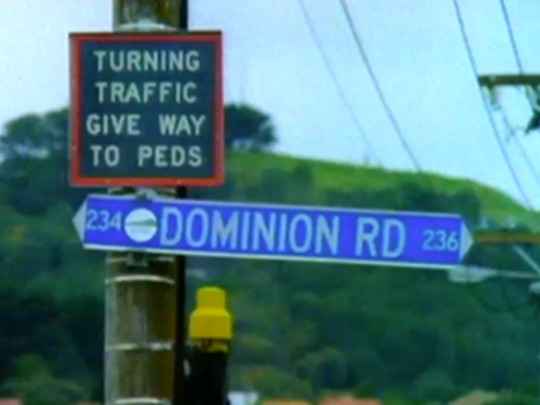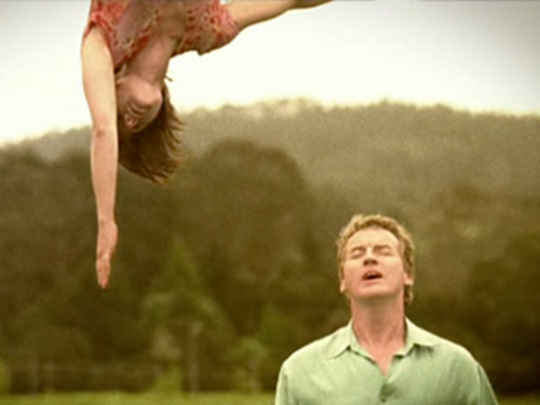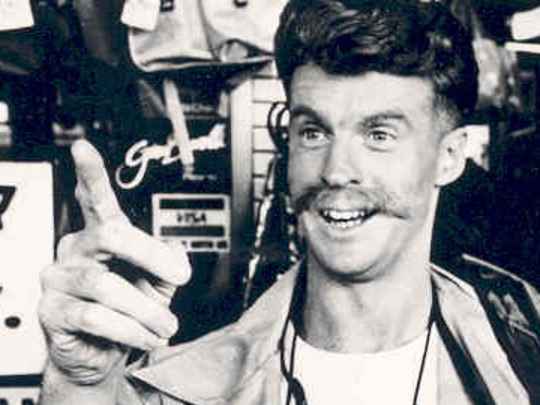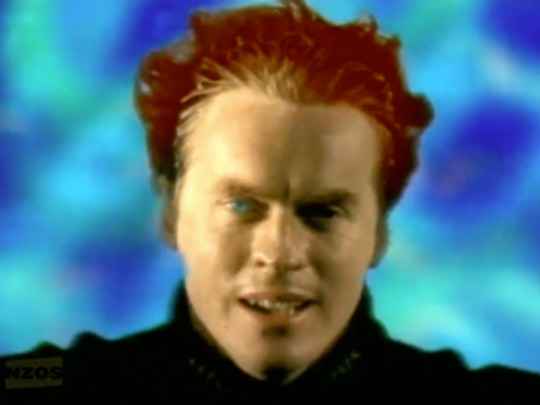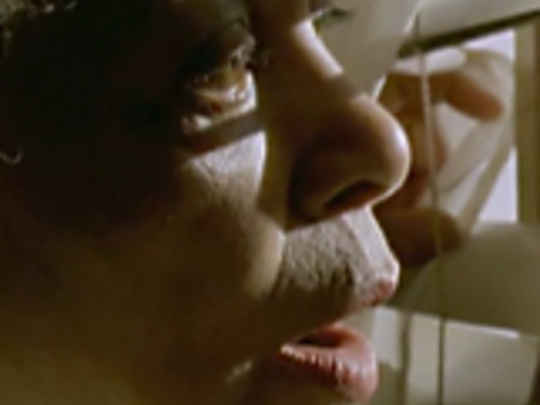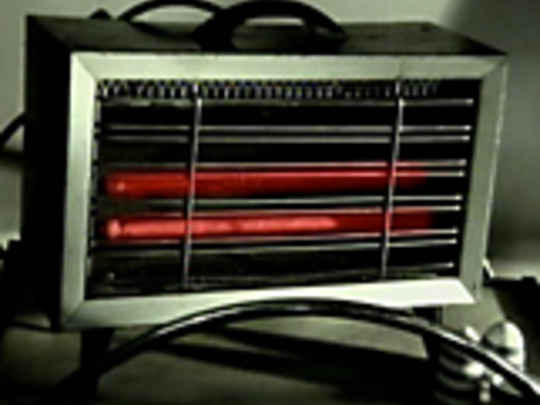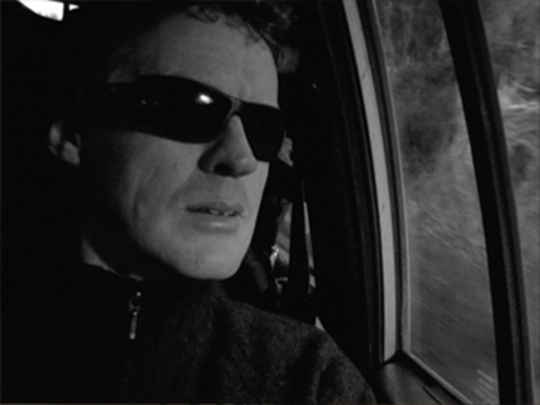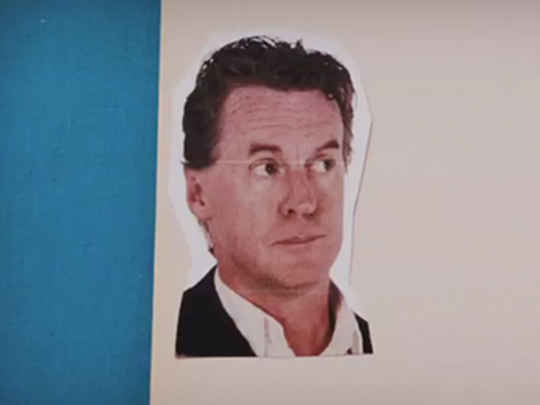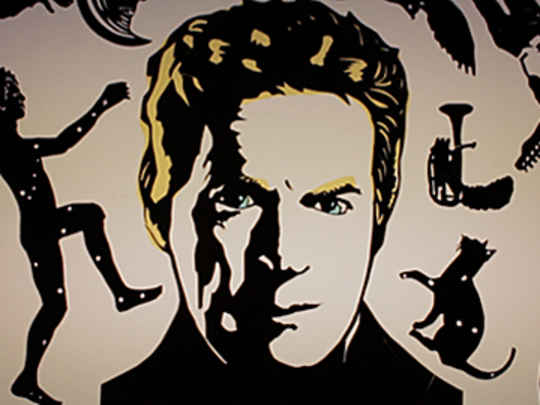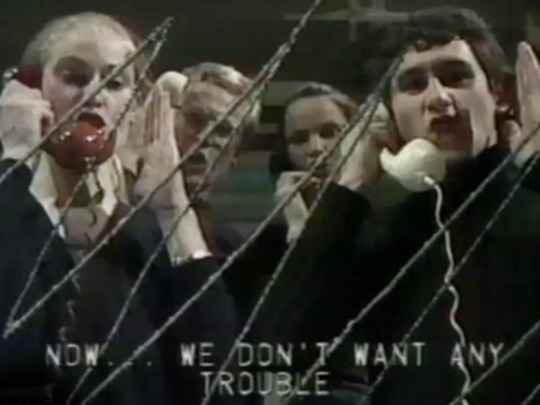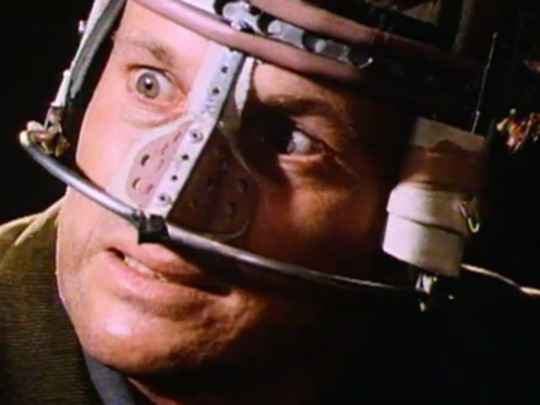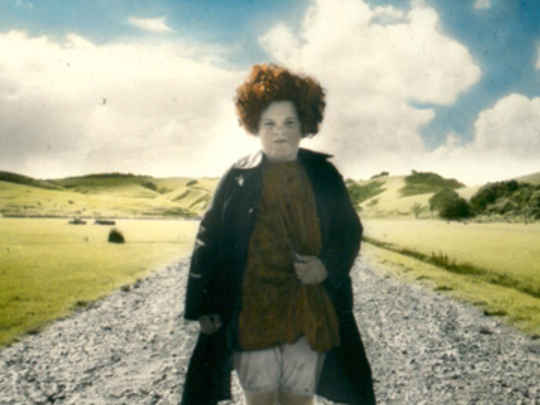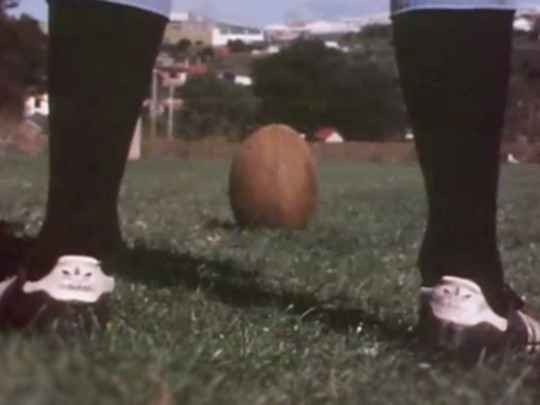Don McGlashan - Give It A Whirl Interview
Interview – 2023
Don McGlashan is celebrated for his lyricism and songwriting, and for capturing the New Zealand landscape in song. After emerging into the early 80s Auckland punk scene in Blam Blam Blam, he found success with The Mutton Birds.
In this extended interview, recorded for 2003 television series Give It A Whirl, McGlashan covers many topics, including:
-
Growing up around instruments and the late 70s Auckland punk scene, including playing brass for The Plague with Richard von Sturmer
-
Recollections of Split Enz, and the Auckland gig and theatre scene (9 minutes in)
-
The art of marrying lyrics and riffs, touring New Zealand, and experiencing the landscapes that inspired some of his biggest hits (12 minutes in)
- Lack of support and oversight from industry and management, and what that means for up-and-coming musicians and the local music scene (19 minutes)
-
Achieving success outside Aotearoa, never expecting to stay in the United Kingdom for four years, and breaking out from the expat Kiwi crowd (22 minutes)
-
Turning criticism into motivation (26 minutes)
-
Whether success in New Zealand or overseas is more valuable (29 minutes)
-
How classic Blam Blam Blam song 'There is No Depression in New Zealand' began as a cabaret, influenced by street theatre (32 minutes)
-
Writing songs from the subconscious ('Call For Help', 'White Valiant', 'Too Close to the Sun'), and the value of protest songs (38 minutes)
-
How the fantastical imagery of 'Anchor Me' was inspired, and going against the grain of love songs (44 minutes)
-
The distinctive quality of Kiwi music: freedom and individuality (48 minutes)
-
The guitar contributions of Mark Bell (Blam Blam Blam) and David Long (The Mutton Birds) (54 minutes)
- Defining success as a musician: "There’s nothing like having a full house ... but on the other hand…" (58 minutes)
Read more about Don McGlashan, Blam Blam Blam and The Mutton Birds, on AudioCulture (NZ On Screen's sister website)
...when we first formed The Mutton Birds ... we all kind of agreed that we wanted to do something that felt like it had always been there ... [We] wanted to write songs that felt like they'd always, they'd been around as long as the hills, you know. That sounds stupid, because you want to be the next thing — that’s so against the notion of fashionable music. But fashionable music, thankfully, was never anything that anybody ever mentioned us in the same breath as.– Don McGlashan on the birth of The Mutton Birds, late in this interview
